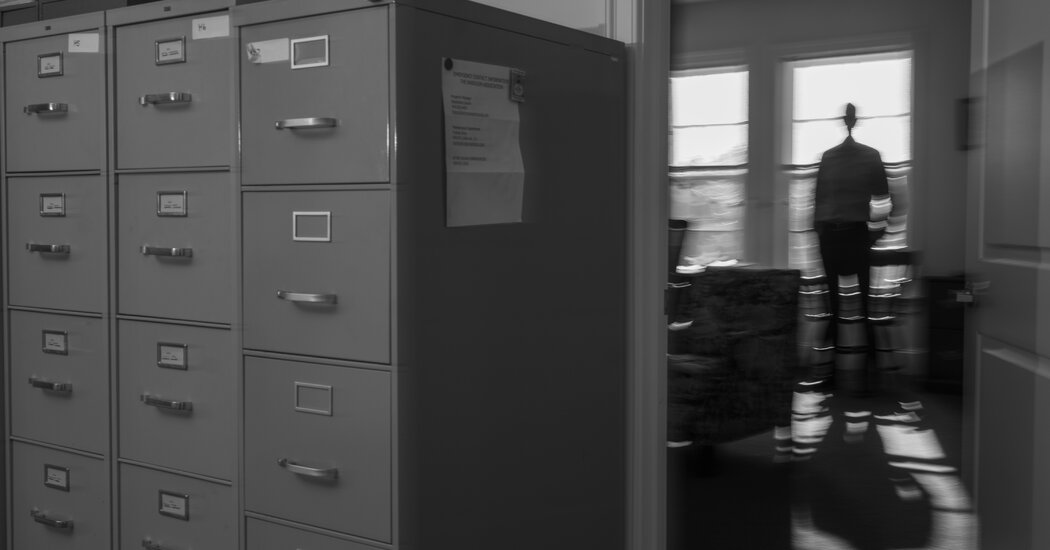In an unassuming office in downtown Charlottesville, Virginia, a small leather chest sits atop a filing cabinet, containing a combination lock that has been unopened for over 50 years. The lock was set by Dr. Ian Stevenson, a psychiatrist who founded the University of Virginia’s Division of Perceptual Studies (DOPS) in 1967.
The Combination Lock Test for Survival is an experiment that seeks to determine whether it is possible for the human mind to survive bodily death. Dr. Stevenson believed that if he could transmit the code to someone after his death, it might answer the questions that had consumed him in life: is communication from the “beyond” possible? Can the personality survive bodily death? Or, simply, is reincarnation real?
After Dr. Stevenson’s death, the lock remains a mystery, and the code a secret known only to Dr. Jim Tucker, the current director of DOPS, who has been investigating claims of past lives for over two decades.
Dr. Tucker’s interest in the subject began unexpectedly, as he was originally a child psychiatrist and never had a particular interest in reincarnation. However, after being profiled in a local newspaper, he was introduced to the field and eventually joined DOPS.
The Division of Perceptual Studies is a unique institution, as there are only a few other labs in the world undertaking similar research. DOPS occupies a residential building on the outskirts of the University of Virginia’s main campus, and is guarded by a low profile, as its researchers have faced skepticism and prejudice in the past.
Dr. Bruce Greyson, a former director of DOPS and professor emeritus of psychiatry and neurobehavioral sciences, shares a similar story. He faced pushback at the University of Michigan, where he worked before joining DOPS, as his interest in near-death experiences was not considered a viable area of research.
The researchers at DOPS have a strong commitment to their work, often facing criticism and skepticism from others. Dr. Jennifer Payne, vice-chair of research at the department of psychiatry, notes that the ideal candidate to replace Dr. Tucker will need to have a track record of rigorous investigation of extraordinary human experiences.
Dr. Tucker’s departure marks the end of an era for DOPS, but the team remains committed to their research, which they believe could have significant implications for our understanding of the human mind and the possibility of life after death. As Dr. Tucker puts it, “It could certainly impact how people view their lives… it could help people treat each other a little better.”

